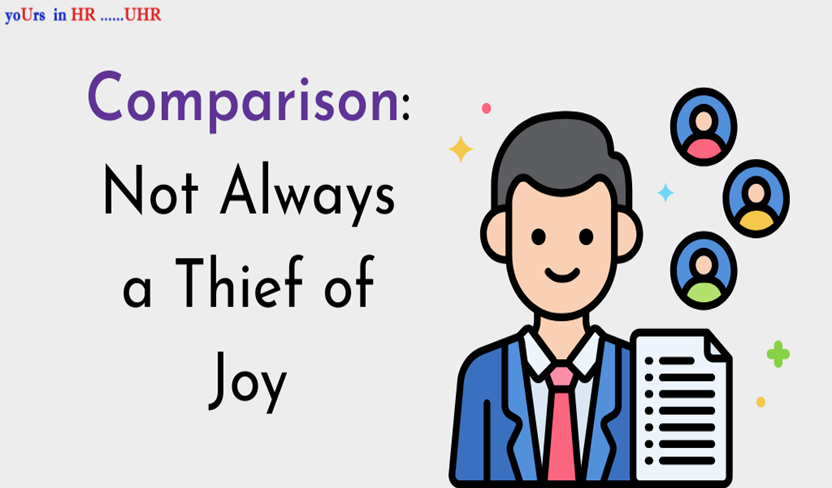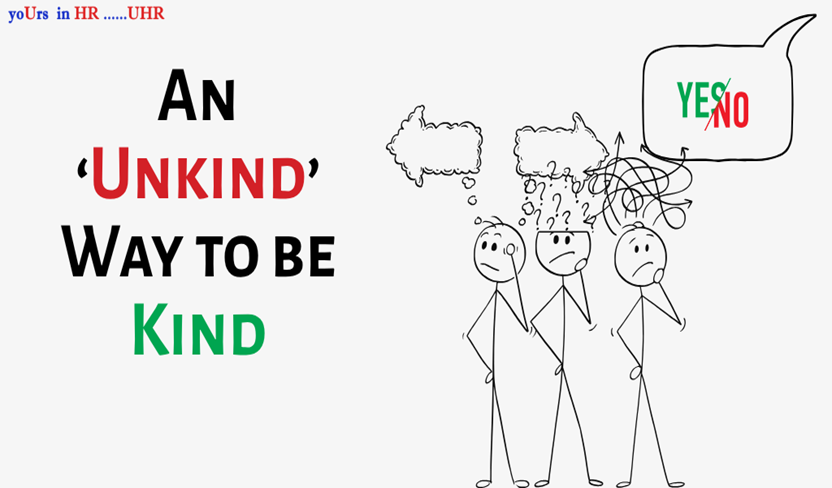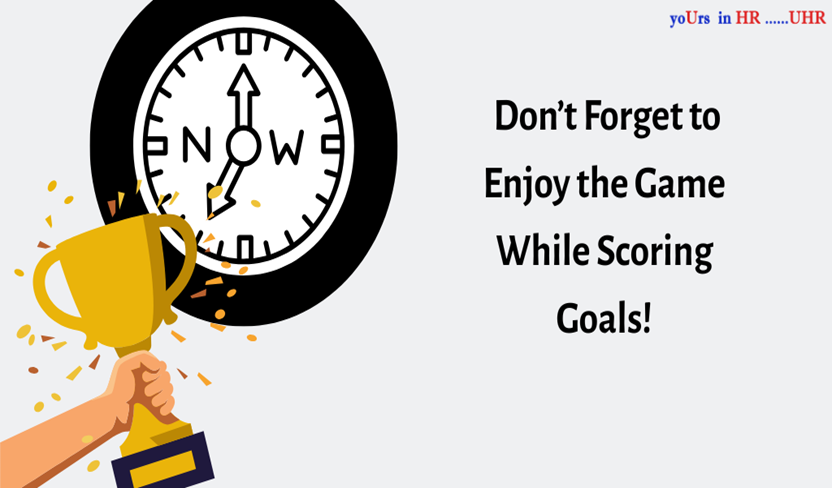
As Navratri sets in, we begin with the festive stretch of the year.
Whether you are here for the devotion, the culture, or just the festivities, there is something for everyone.
Festivals are not just here for our enjoyment, but also our enrichment. They teach us important life-skills, approaches and enable us to live a fulfilling life.
So, without further ado, let us dive into how we can wield the festive spirit to the best of our advantage!
Understanding Differences in Approaches: Navratri has nine forms of the goddess (the ‘devi’), the ‘Navdurgas’ and each form represents not only a quality but an approach to life and the world. Every form is equally valid and no approach, no quality is of less importance. They are ultimately part of the universal shakti, the energy that runs the world according to the mythology.
Shailaputri represents stability, Brahmacharini represents ascetism, Chandraghanta beauty and peace, Kushmanda creation, Skandmata protection and motherhood, Katyayani courage and strength against evil, Kalaratri destruction of fears, Maha Gauri radiance and enlightenment, Siddhidhatri accomplishments and fulfilment.
Different situations require us to channelise the different approaches. Some days we need patience to approach a task. Some days, anger helps to get things done. Some days we need wisdom with our decisions and some days fearlessness. Some days we need to lead and nurture, and on other days, we need to be still.
Thinking about a task with the question of ‘how do I need to approach this particular situation?’ enables us to develop flexibility and context-specific decision-making.
Understanding your Own Strengths: Closely related to understanding how each goddess-form represents an approach to life, is an understanding of each one’s strength.
Each one of has a strength, a characteristic quality that we can wield like no one else.
The goddess-forms too have their own defining characteristics. The grounded nature and stability of Shailaputri is unparalleled. The anger of Kalaratri and the warrior-spirit of Katyayani are literal forces of nature. Maha Gauri’s calm energises us in an altogether different way. Do we try to find the energy of peace when we are looking for the intensity, or vice versa? No, right?
Similarly, each one of us has a strength that almost works as a gift for us. Instead of comparing ourselves to others, why not find out our strengths and channelise them to our advantage? One might be an excellent organiser, while someone else might be an excellent communicator. Another might be an excellent multitasker, while one might excel in deep focused work. Finding our strengths is the key to understanding how we can contribute to our own development as well as development of those around us, whether our loved ones, or the company we work for.
The goddess-forms ultimately are a part of the cosmic ‘shakti’, the energy. They are not really separate from each other- the approach takes the centre-stage based on what the situation requires. Similarly, we have everything within us- calm, strength, anger, agency, wisdom. It is tapping into what works for us the best that enables us to run things. Whether it is running the universe, a company or a team!





